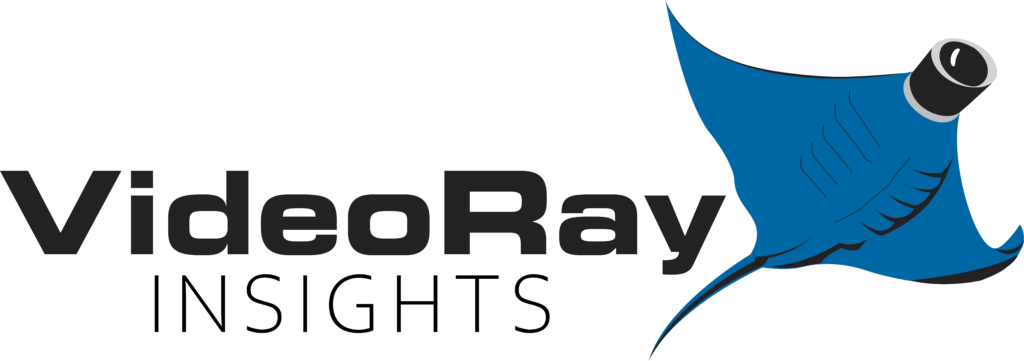
It's the first Tuesday of the month!
Welcome to the new VideoRay Insights Newsletter, delivered on the 1st Tuesday of each month and complementing our popular virtual VideoRay Insights Presentation Series held on the 3rd Thursday of each month. Speaking of that, here is this month's line-up.
Virtual VideoRay Insights Presentation Series
Register now for our January 20, 2022 event, featuring these presentations.
Marine Debris, Micro-ROVs, and Microplastic: Science and Technology to Protect the Ocean
10:00 - 10:30 AM EST
Rachael Zoe Miller, Founder - Rozalia Project for a Clean Ocean (www.rozaliaproject.org)
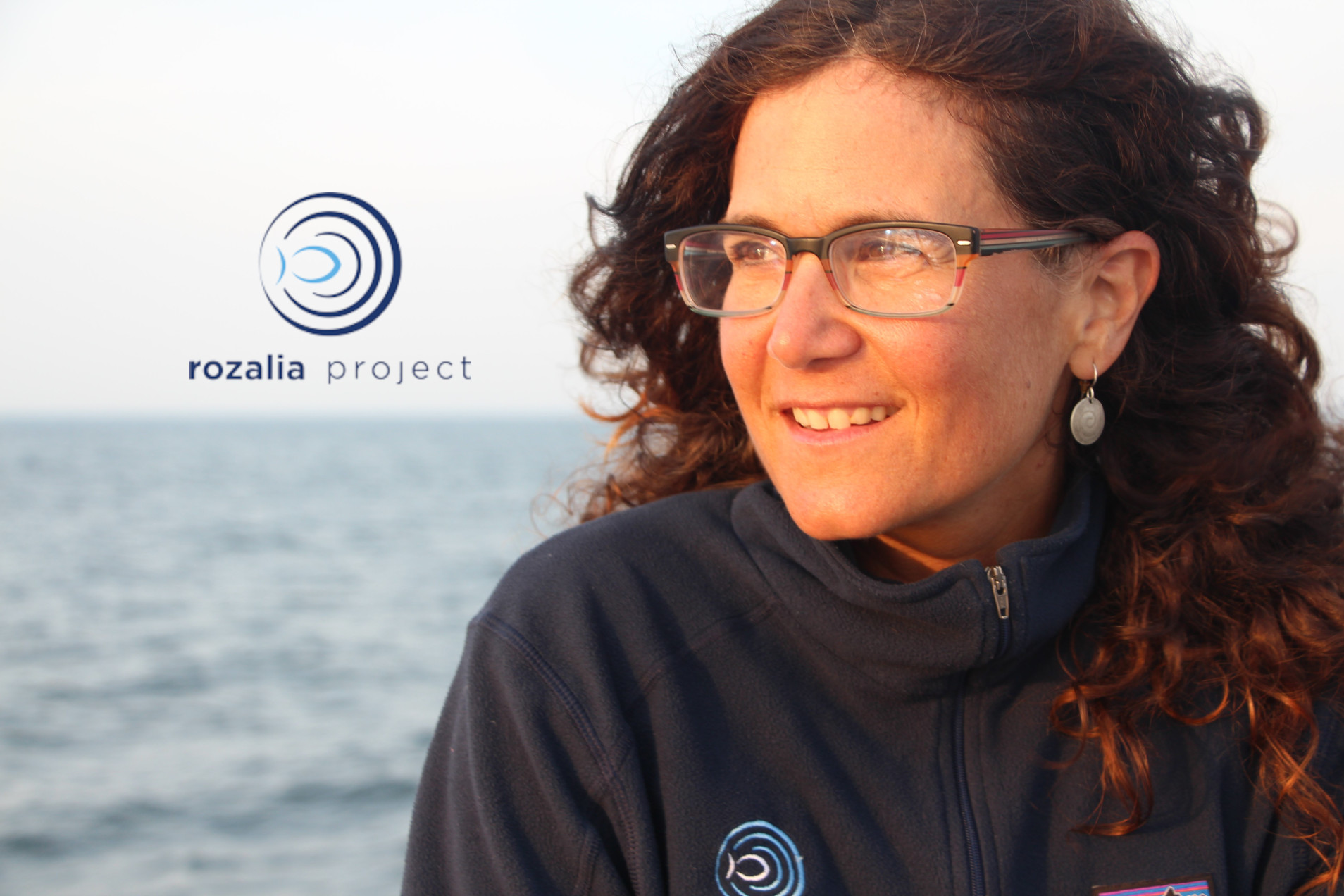
If you look for trash and microplastic in the marine environment, you will find it. This pollution is nearly ubiquitous and making its way through the marine food web - onto our plates. National Geographic Explorer and Explorers Club Fellow, Rachael Z. Miller is working to keep both macro and microplastic out of our public waterways. Rachael and her team at the ocean-protection nonprofit, Rozalia Project for a Clean Ocean, are at the leading edge of marine debris and microplastic research, education, solution development and solution implementation using a combination of expedition science, technology and innovation to make an impact. Hector, the Collector, their VideoRay Pro 4 ROV has been a central feature in their ability to both understand the problem and prevent it by using the ROV as both a science and an education tool.
In this presentation, learn about how Rozalia Project uses ROVs to connect people to the underwater world right at their feet as well as learn about their cutting-edge work on microplastic and microfiber pollution through expedition science and innovation. The presentation will also share how VideoRay owners and operators (and people who simply love our ocean, lakes and rivers) can be part of the solutions to marine debris of all types from consumer debris to derelict fishing gear and macro-plastic to can’t-see-it-without-a-microscope microplastic.
A Decade of Counting Fish in the Gulf of Mexico: Lessons Learned and Future Plans
10:30 - 11:00 AM EST
Jennifer Wetz, M.S., Fisheries Program Manager, Center for Sportfish Science and Conservation, Harte Research Institute, Texas A & M University – Corpus Christi (www.harte.org)
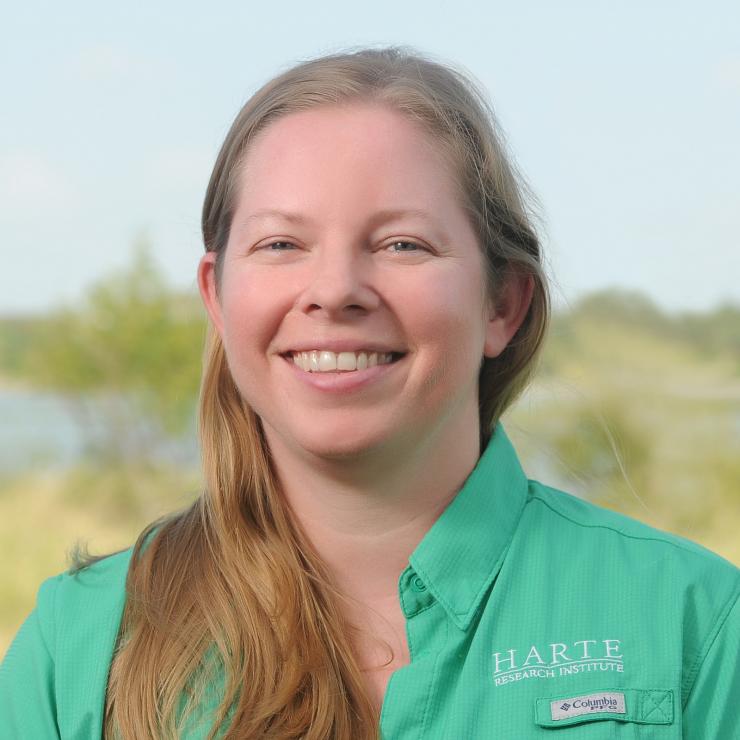
With almost a decade of experience monitoring fish communities in the Western Gulf of Mexico (GOM), we have surveyed multiple habitat types and evaluated various technologies to best capture fish community diversity and abundance of fisheries species. Habitat types surveyed include artificial reefs (e.g., oil and gas infrastructure, concrete structures, ships, etc.) and natural banks. Two types of micro Remotely Operated Vehicle (ROV), the VideoRay Pro 4 and the VideoRay Mission Specialist Defender, have been successfully used to visually document fish. Habitat type and project goals had a direct influence on ROV choice, survey methodology, and additional technologies chosen. Upcoming projects will further refine ROV methods for fish survey work in the GOM and allow comparisons with other fisheries survey technology.
Hiding in the Deep: Studying Newly Discovered Marine Ecosystems in the Galapagos Marine Reserve
11:00 – 11:30 AM EST
Salome Buglass, Charles Darwin Research Station
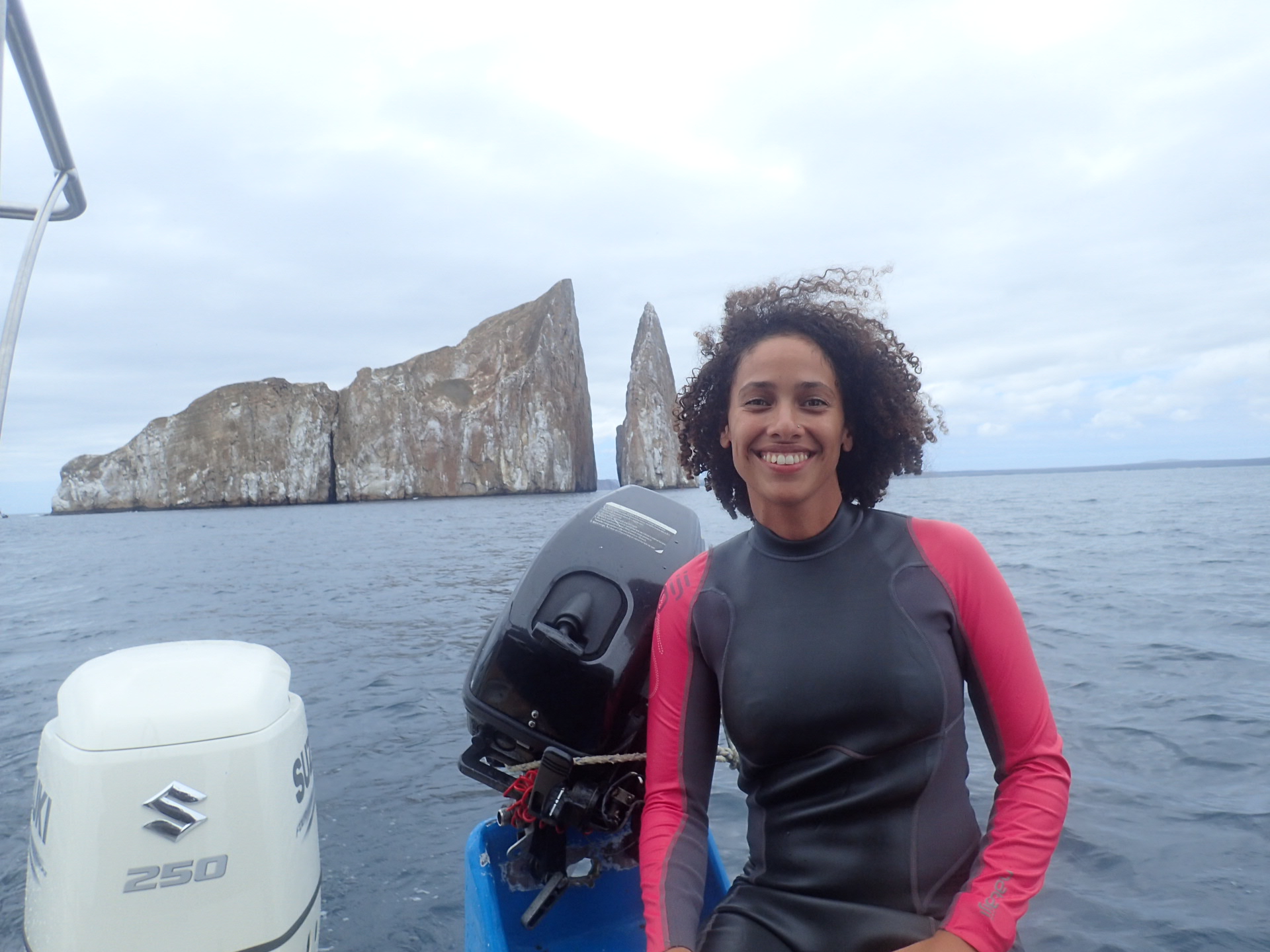 The Galapagos Marine Reserve, was one of the largest Marine Protected Areas on earth, formed to protect its high levels of marine biodiversity and endemicity. Over 90% of its marine habitats lie in deep waters, beyond the reach of traditional scuba diving, and thus remain largely unexplored. Since 2015 the Seamount Research Project has been dedicated to exploring and describing the unknown biodiversity and habitats that exist in deeper waters. Among the most exciting discoveries has been finding deep-sea cold-water reefs, sponge gardens and mesophotic kelp forests. In this presentation, Salome will share how some of these discoveries came to be, the latest findings on describing these novel communities and some of the future research projects coming forth as a result of the discoveries so far.
The Galapagos Marine Reserve, was one of the largest Marine Protected Areas on earth, formed to protect its high levels of marine biodiversity and endemicity. Over 90% of its marine habitats lie in deep waters, beyond the reach of traditional scuba diving, and thus remain largely unexplored. Since 2015 the Seamount Research Project has been dedicated to exploring and describing the unknown biodiversity and habitats that exist in deeper waters. Among the most exciting discoveries has been finding deep-sea cold-water reefs, sponge gardens and mesophotic kelp forests. In this presentation, Salome will share how some of these discoveries came to be, the latest findings on describing these novel communities and some of the future research projects coming forth as a result of the discoveries so far.
This event is free, attend the presentation(s) of your choice, or all of them. Register now
An Idea Bigger than the Ocean Itself
Most of you might be willing to join a roadside cleanup crew, but how many people do you know that are on a personal mission to clean up the oceans? And, if someone told you they were going to do just that, would you take them seriously? Well, allow me to introduce you to Rachael Miller of the Rozalia Project...

I first met Rachael during a technical support call, and I'd like to think we hit it off pretty well, even though she was having a problem with her VideoRay Explorer (which is never a fun experience on either end of the phone line). Since then, Rachael has become an endearing member of the VideoRay family, and later this month we welcome Rachael and are pleased to host her Insights presentation, “Marine Debris, Micro-ROVs, and Microplastic: Science and Technology to Protect the Ocean.”
Back to cleaning the oceans... Rachael is a pioneer with a vision bigger than the ocean itself. And, if anyone can fulfill their dreams, well, I'll allow Rachael to explain more and convince you herself - watch her TEDx talk on the subject: We can clean the ocean: Rachael Miller at TEDxLowell
What can you do? Get excited about trash! Get mad about trash! Help support the Rozalia Project and live by its philosophies.
Don't miss Rachael's Insights Presentation on January 20, 2022. Register now

Rozalia Project Click here to learn more
Log it, or it Didn't Happen
The most important thing you can get from a mission is the proof that it happened. Without pictures, video, or log data, you’ve got nothing. Even if you find nothing, you have a record that can be reviewed later and having a log gives someone a second chance to see something you might have missed the first time.
The longer a log goes, the risk that something might go wrong increases. Stuff happens when you’re onsite, a system blackout or brownout, a file becomes corrupted, or you run out of space. A solution to mitigate this is to keep your logs shorter. Previously, this was done by training operators to set a timer and manually start and stop recording every 15 or 30 minutes. This keeps logs smaller and lowers the risk of losing an entire log, but requires discipline, and honestly, that's a pain.
The new Rotate Logs feature in Greensea Professional Workspace 5.0 will help to keep log files more manageable. It lets you set how long you want a log file to be, and when it reaches the end of the time, the system will automatically stop it and start a new log.
So how do you set a Log Rotation? Open Mission View Tools, select the Logging Tab, and then select the Record subtab. Once you do that, select the Rotate Logs checkbox and then set your log length.
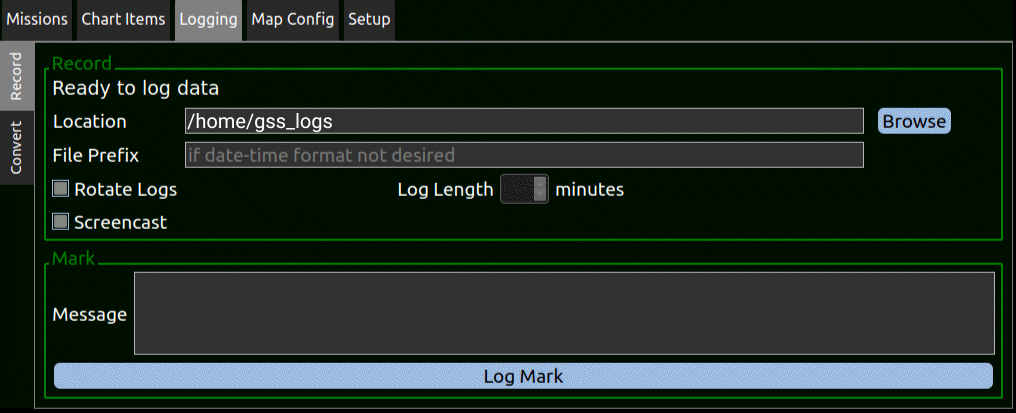
Now, when you record a log, it will be broken into separate files set by the log length. Don't forget - you still need to remember to end the log before you shut down Workspace at the end of your mission.
Operator Tip of the month - Lessons from the field
Make it a Habit....[read more...]

Technician Tip of the Month - Lessons from the shop
Divide and Conquer [read more...]

FAQ of the month – Be “in the know”
Q Where can a I find a PDF of the ____ Operator’s Manual?
A All VideoRay manuals include an About this Document page. Links to the PDF in Letter and A4 formats can be found in the left-hand sidebar of this page. Example: Defender Operator’s Manual About this Document Page
Survey Question of the month – Be counted
On average, how many hours per week do you use your ROV? Click here to answer.
Product of the month – Be informed
Portable Power Supply – topside power in a clean and convenient form factor. Learn More.
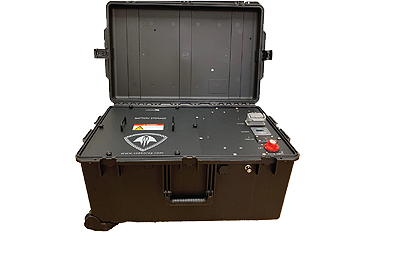
Quote of the month – Be amused
“I’ll be home in 2 weeks.” Conversation overheard between an offshore VideoRay pilot and their spouse. Submitted by Dean Nafziger, UROV (https://urov.net)
Email us your favorite ROV relatable quote – for a chance to win a VideoRay T-shirt!*
Photo of the month – Be inspired
Email us a caption for this photo – for a chance to win a VideoRay T-shirt!*
Email us your photo – for a chance to win a VideoRay T-shirt!*
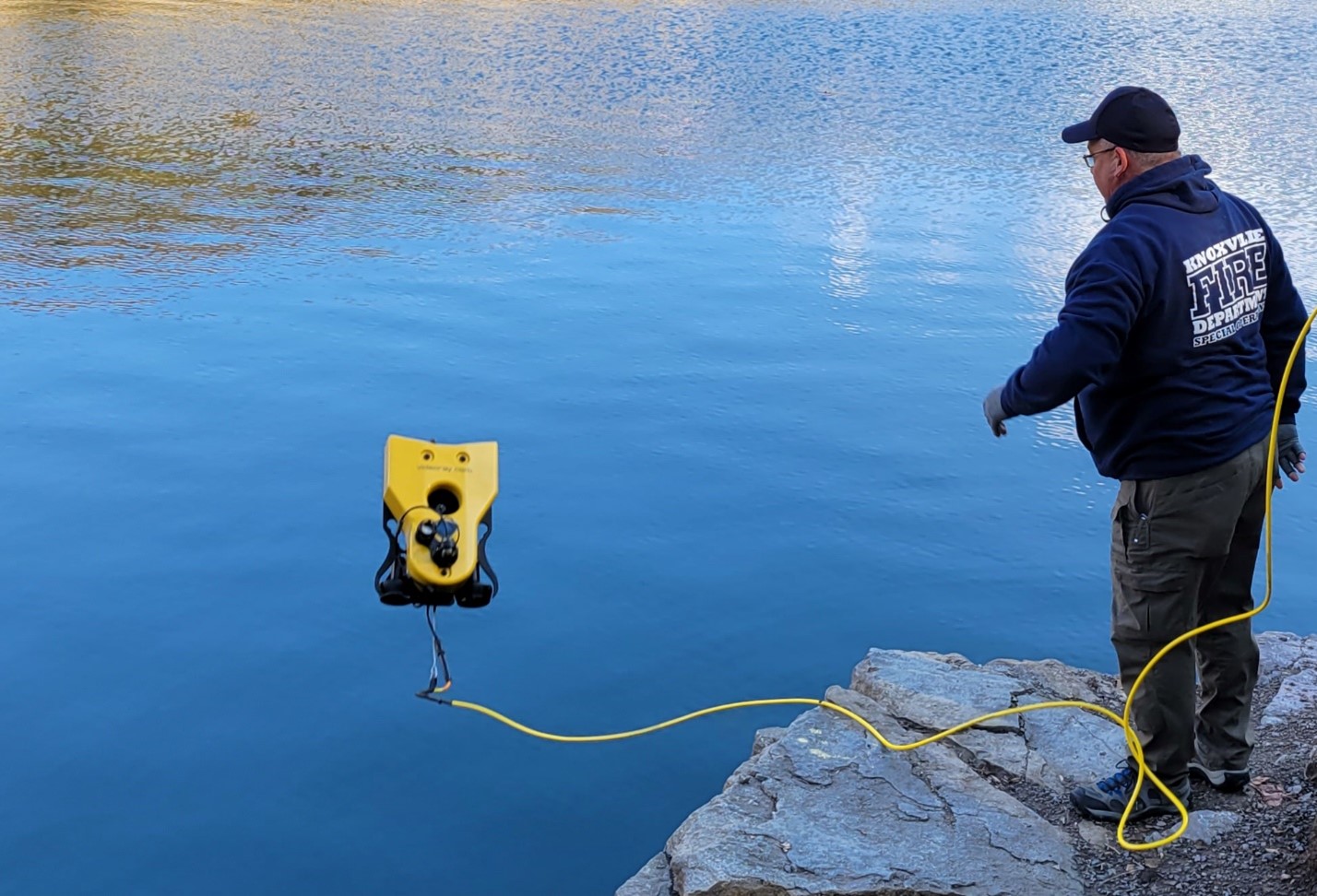
VideoRay Training
In-person classes are now being offered at VideoRay’s San Diego office.
Virtual classes are now being offered… anywhere you want.
VideoRay Training Calendar
- Mission Specialist Basic Operator (Defender and Pro 5), San Diego, January 24-25, 2021
- Mission Specialist Advanced Operator (Defender) , San Diego, January 26-27, 2021
VideoRay Events
Visit VideoRay at the following trade shows:
- The Shot Show, January 18-21, Las Vegas, Nevada
- Oceanology International, March 11-14, London, England
- OTC 2022, May 2-5, Houston, Texas
VideoRay Dealer Spotlight
Triton Hi-Tech of Korea delivered four VideoRay Mission Specialist DEFENDER Remotely Operated Vehicle (ROV) systems to the Republic of Korea Navy. Operator training and acceptance testing was conducted from September 27 – 30, 2021 and covered the multiple auto functions and high tech features of these systems.
The Republic of Korea Navy already uses a number of VideoRay Pro 4 ROV systems, and now has added their first set of Mission Specialist DEFENDER ROVs.
The ROV Team of the Republic of Korea Navy were very surprised and satisfied with the capabilities and ease of use of these high-performance DEFENDER ROVs.
Triton Hi-Tech is pleased with the first delivery of the Mission Specialist DEFENDER ROVs to the Republic of Korea Navy and strongly believes it will be of great help to the Navy’s underwater mission, and appreciates the support from VideoRay.
About Triton Hi-Tech:
Triton Hi-Tech, founded in 2010 and located in Seoul, is an Official VideoRay Dealer and Service Center for the Republic of Korea.
The company is composed of experts who are all scuba diving instructors and have been active in the underwater field for a long time. They supply specialized underwater equipment for the military, first responders, and private sectors.
Triton Hi-Tech has many customers, including the Republic of Korea Navy, first responders, shipyards, water research institutes, and polar research institutes.
They are a top performer in numerous competitive demonstrations and have succeeded in delivering a number of ROV’s, including the recent sale and training for the Republic of Korea Navy.
Triton Hi-Tech works hard to ensure customers are very satisfied with the use of their VideoRay systems.
The Republic of Korea is surrounded by the sea on three sides and has endless marine development possibilities, which is why Triton Hi-Tech is constantly trying to explore a wider market and working to expand the use of VideoRay ROVs.
Need Help? / Got Feedback? Email insights@videoray.com, or call us at +1 610-458-3000, Option 1
* – Each month, one submission in each category will be selected and the submitter will receive a VideoRay T-shirt. Please include your T-shirt size with your submission to expedite its delivery. Use the respective links above to enter your submission. VideoRay reserves the right to select its own submission. Submitters agree that they have rights to the content they submit and to allow VideoRay unlimited rights to use and publish and their submission(s).

 CALL US: +1 610 458-3000
CALL US: +1 610 458-3000
 CALL US: +1 610 458-3000
CALL US: +1 610 458-3000  News
News





